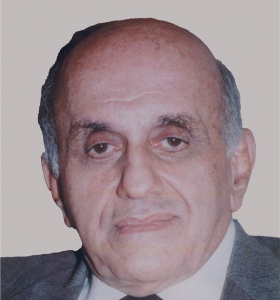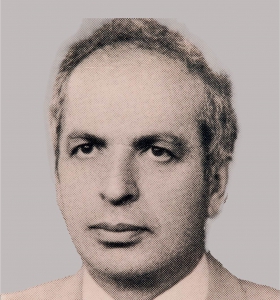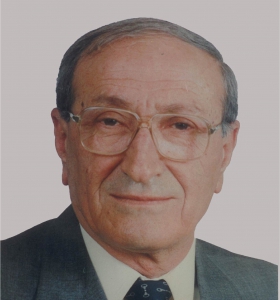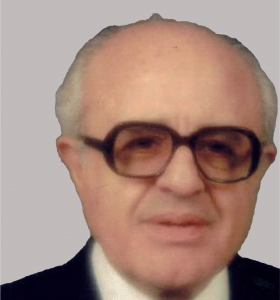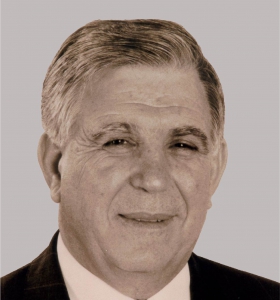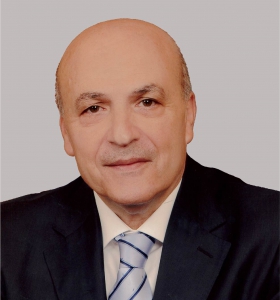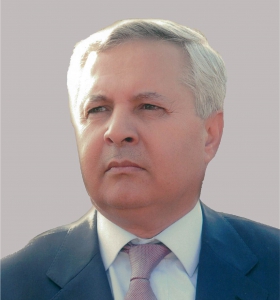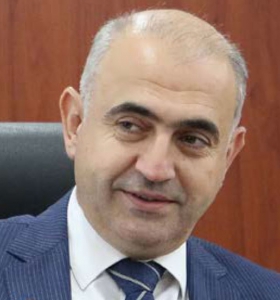

The only public university institution
The Lebanese University is the only public university institution in Lebanon that provides higher education almost free of charge to Lebanese, Arab and foreign students. It operates in three dimensions: providing quality education, promoting scientific research and serving the community.
The Lebanese University, which is linked to more than a hundred cooperation agreements with various local and international universities and institutions, seeks to excel, provide the labor market with the required competencies, achieve the goals of sustainable development - Agenda 2030, and encourage global dialogue to build peaceful societies that provide justice for all.
Since 1959
History

The establishment of the Lebanese University came as a result of a popular and student mobilization initiated on 23 January 1951 with a general strike that lasted for a long period during which, secondary and university students, mostly from Saint Joseph’s University participated. The movement included demonstrations and clashes with security forces that lead the Council of Ministers to meet on 5 February of the same year. On this year, the first unit of the Lebanese University was created with the establishment of the Higher Normal School and the Institute of Statistics under the direction of Dr. Khalil Al-Jurr.
Soon after, Decree No. 25 was issued on 26 February 1953, stipulating the establishment of a Center for Financial and Administrative Studies that was affiliated to the University and later renamed the “Institute of Management and Finance”. The Decree also stipulated the renaming of the “Higher Normal School” with the “Higher Teachers Institution”.

Decree No. 2883 was issued on 16 December 1959 concerning the organization of the University. The first article stipulated the following: "The Lebanese University is an institution that performs the functions of public higher education in its different branches and degrees ...". However, the Statutes and Ordinances for the organization of the University, which established its academic, administrative and financial autonomy, were issued on 26 December 1967 under law No. 75/67.
Following that, the work of the University Teaching Staff was regulated under Law No. 6/70 dated 23 February 1970, and the financial system was established on 14 April 1970 under Decree No. 14246.
The University is headed by a President and a University Council. The Faculty or Institute is headed by a Dean and a Faculty Council. The University Branch is headed by a Director and a Branch Council. The Teaching Staff carries out its syndicate activities through the Association of Full-time Professors.

The University's faculties and institutes were located in Beirut and the suburbs, but the outbreak of the Lebanese war in 1975 and the difficulty of commuting between the regions, led to the establishment of branches in the governorates of Mount Lebanon, North Lebanon, South Lebanon and Beqaa, and the Central Administration remained as well in its entirety in Beirut.
There are currently branches of faculties and institutes in various Lebanese governorates, except for Faculty of Medical Sciences, Faculty of Dental Medicine, Faculty of Pharmacy, Faculty of Agronomy and the Doctoral Schools, which remain located in Beirut.

Successive Presidents
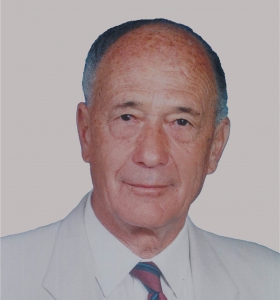
1990-1992 by commission
Hashem Haidar
 LU Services
LU Services
 League of Retired Professors
League of Retired Professors
 News
News
 Vacancies
Vacancies
 International Relations
International Relations
 Contact Us
Contact Us
 Email
Email



